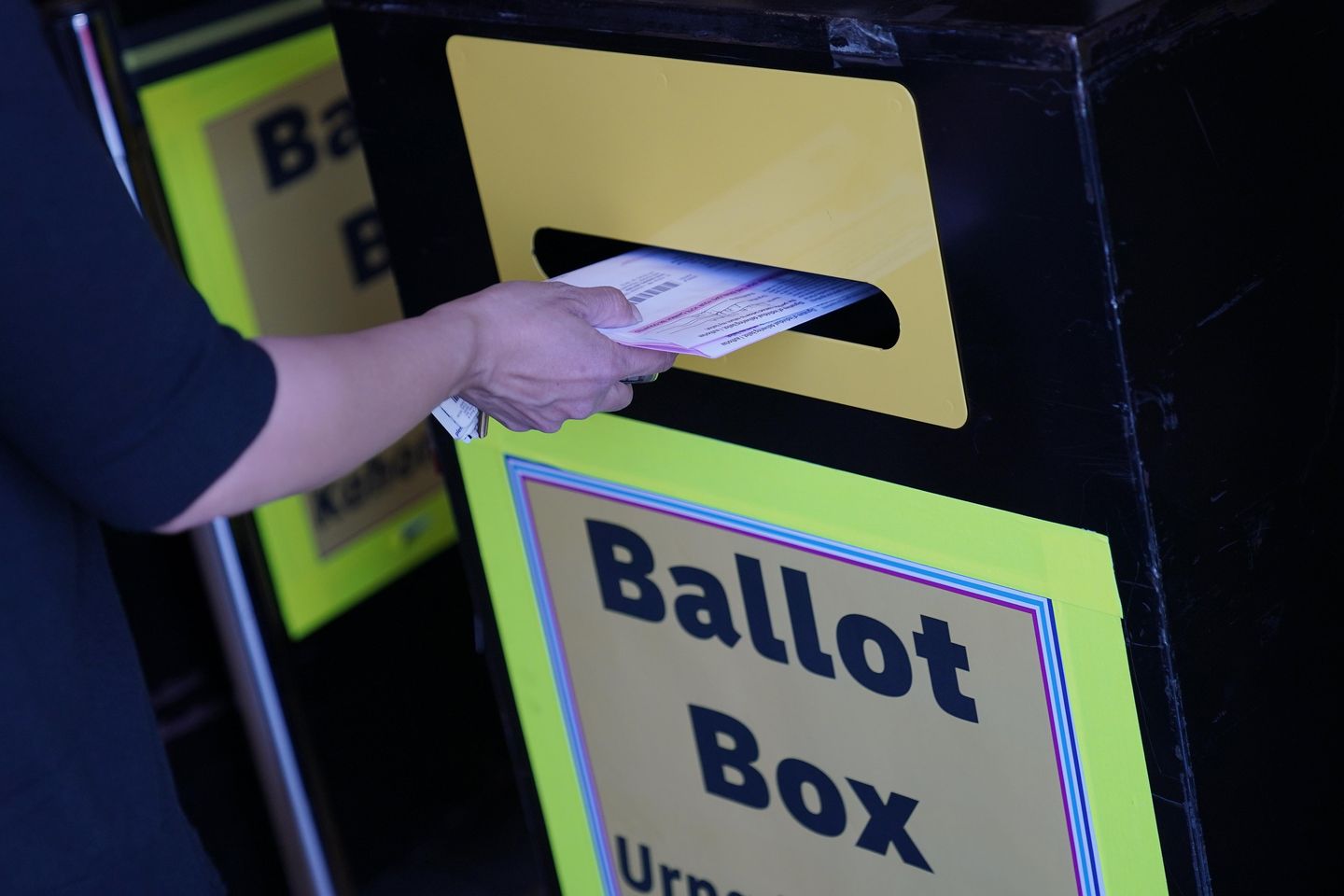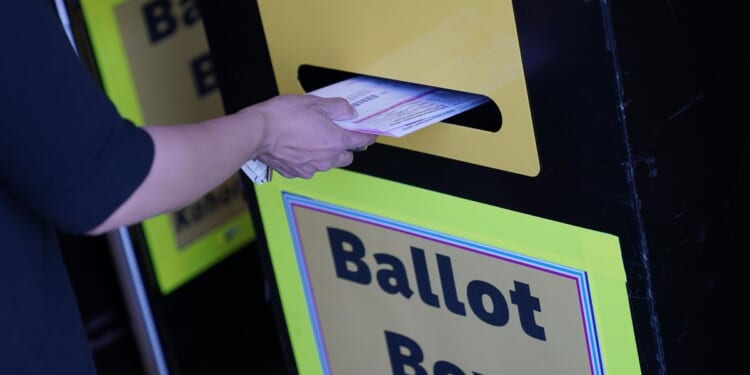
The Supreme Court has rejected a challenge to Texas’ mail-in voter law by a group of voters who allege that it discriminates on the basis of age.
The voters argued in their petition that the Texas law, which says only citizens 65 and older are eligible for early voting by mail, violates the 26th Amendment to the Constitution, which reads in part: “The right of citizens of the United States, who are eighteen years of age or older, to vote shall not be denied or abridged by the United States or by any State on account of age.”
Without comment, the high court rejected their case, Cascino v. Nelson, in its orders list issued Monday.
It would have taken four justices to vote in favor of reviewing the matter for oral arguments to be scheduled.
The voters lost in lower court, with the 5th U.S. Circuit Court of Appeals reasoning the law didn’t infringe on others’ voting rights by simply making it easier for older voters to cast their ballots.
But Bernadette Reyes, a lawyer representing the voters and voting rights groups that have pushed this lawsuit since 2020, said laws should make it easier for all people to participate in democracy.
According to court records, eight states send every voter a mail-in ballot: California, Colorado, Hawaii, Nevada, Oregon, Utah, Vermont and Washington.
Twenty-seven other states let voters request a mail-in ballot without providing an excuse or reason.
Texas, though, allows mail-in voting only for voters 65 and older, those who show they’re not present in the state, or citizens who are disabled and need to vote absentee.












